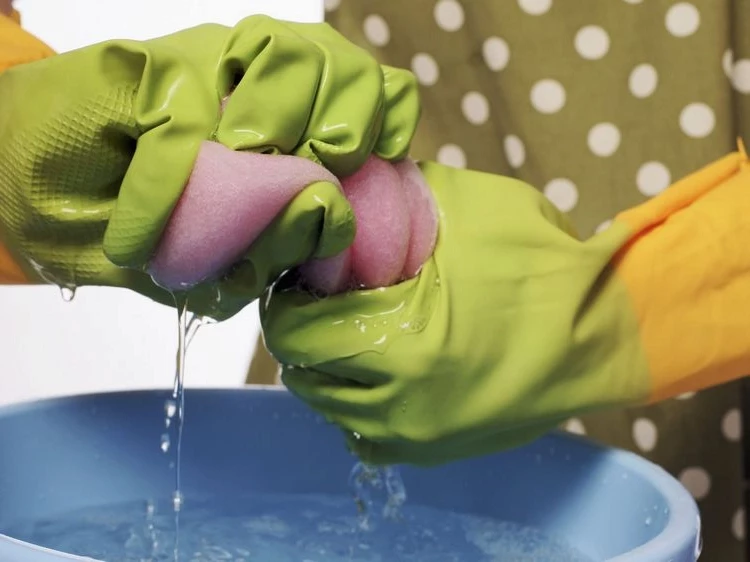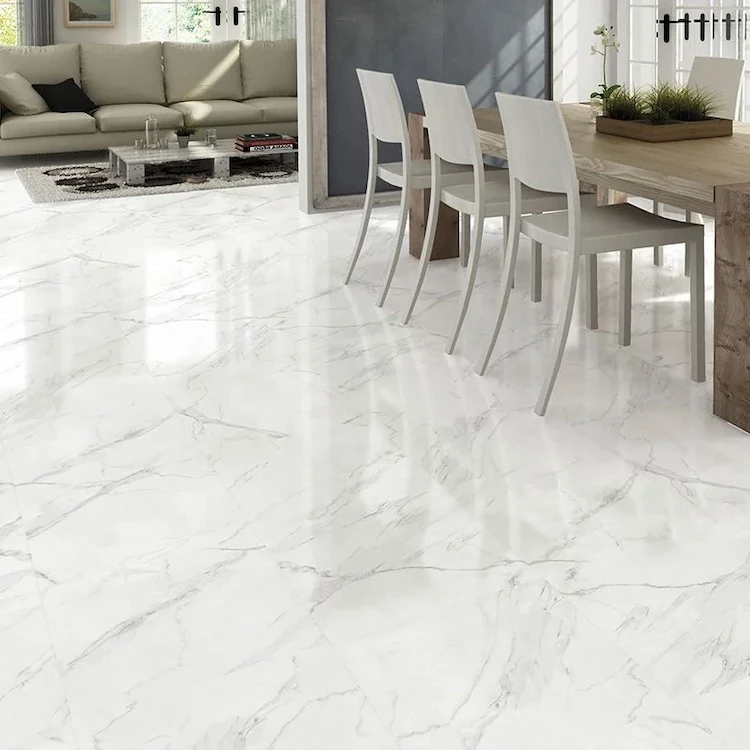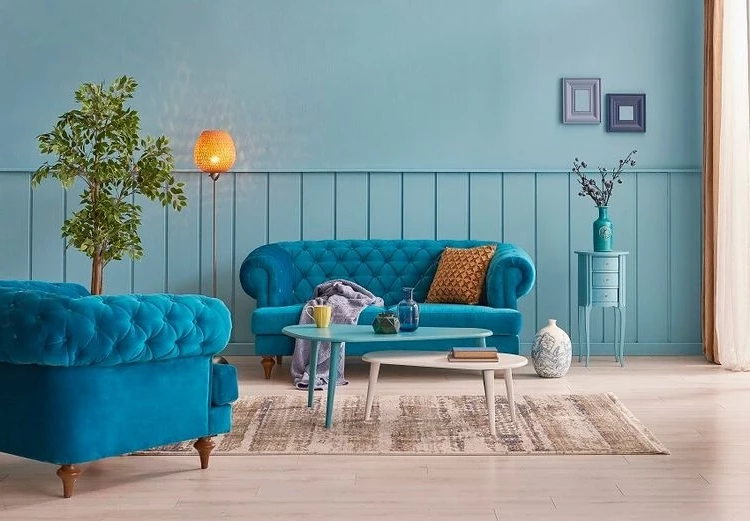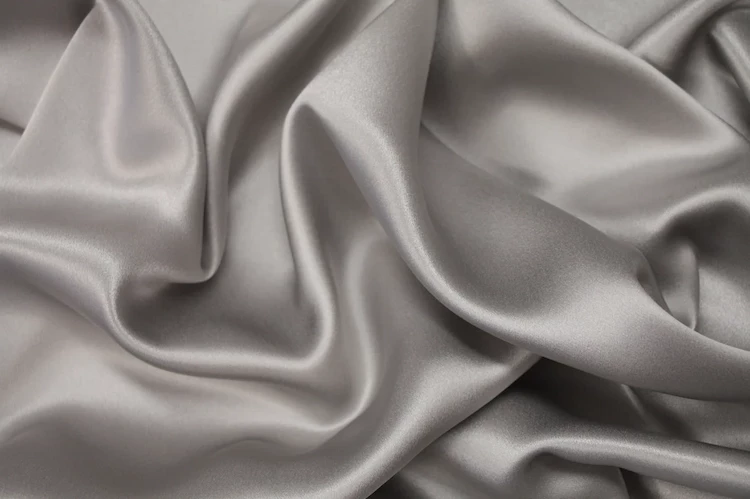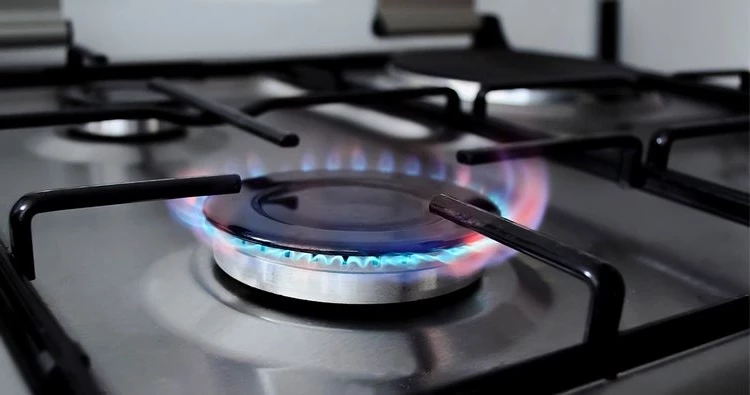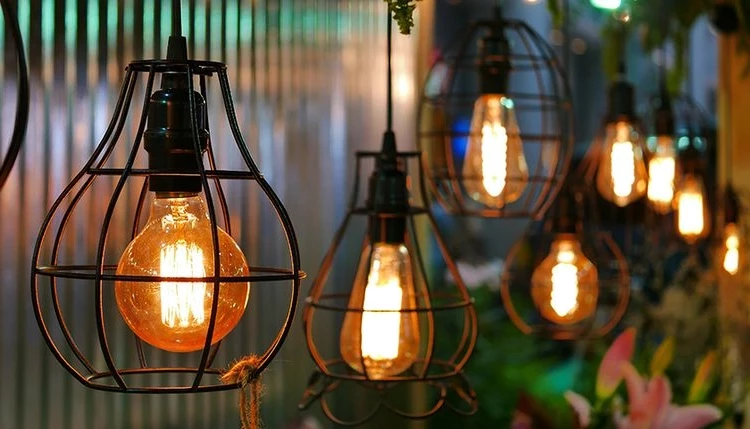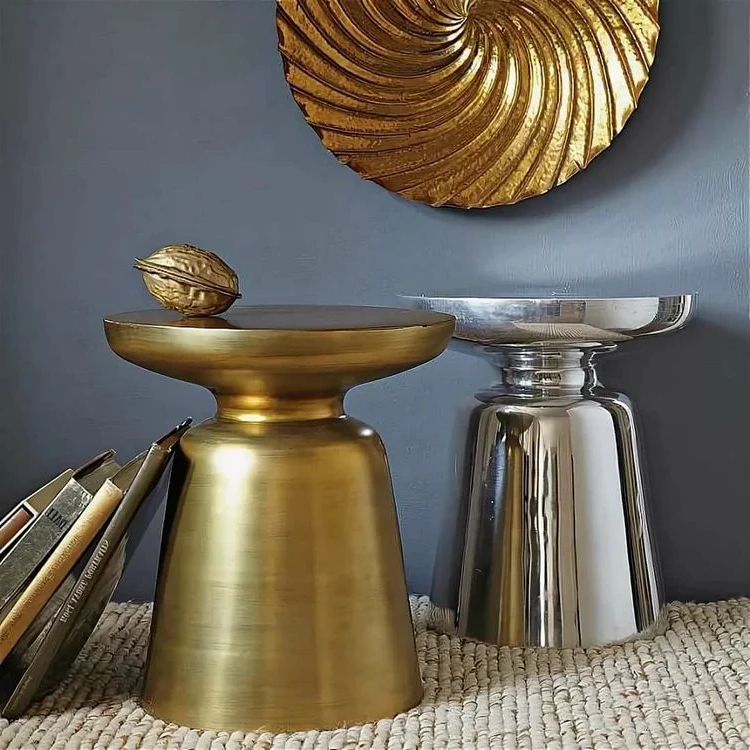Water is much more than just something you depend on for survival and hygiene. Water washes away dirt, loosens dirt, and can make a variety of items shine. But it’s not ideal for everything. Some household items can even be permanently damaged by water. So before you fill up the cleaning bucket, read on to find out what should never be cleaned with water.
Which surfaces and fabrics should never be cleaned with water?
There are some common household items that can be damaged or unsightly stained by water. Here is a list of surfaces and fabrics that you should never wash with water.
Wood and laminate floors
Generally, wood and water do not get along. Even though wood and laminate floors have a water-repellent coating, this will wear off over time and cleaning with water can cause damage. If water gets into the wood, it can swell and turn black.
Dust your hardwood floors regularly and use a hardwood floor cleaner and a microfiber mop that will not damage your floors. If you absolutely want to use a mop, make sure that it is only slightly damp and not wet.
Avoid liquids on wooden furniture
Anyone who has ever struggled with white rings or stains on the table knows that wooden surfaces and water do not get along. The liquid can leave stains and also cause the wood to swell, split and crack.
Wipe down your wooden furniture regularly with a microfiber cloth and use a good quality furniture polish or lemon oil to smooth and protect the wood.
Marble should never be cleaned with water
Elegant marble surfaces are susceptible to acid and moisture due to the porosity of the stone. If you use water to clean marble, it can remove the protective sealant and possibly damage the joints or caulking. Therefore, you should use only special detergents and remove splashes of water as soon as possible, otherwise lime will be deposited on the surface and form stains.
Leather does not tolerate liquids
You know that you need to protect your leather shoes and handbag from the rain. Leather furniture also needs special attention to maintain its appearance, and water should never come into play. It can leave unwanted streaks and stains on the leather and, over time, can lead to tears in the fabric. Also, avoid using natural oils like olive and coconut oil or high-fat products to add shine to your leather furniture. The best way to clean and polish leather is with a a cleaning agent that is specially developed for this purpose.
Velvet, velour and suede
Soft, fluffy fabrics are popular for upholstery, curtains, and decorative pillows, but they’re sometimes difficult to clean. Water can leave stains, streaks, smudges, and cause the fabric to shrink or deform. To keep these fluffy fabrics clean, vacuum them regularly and use a soft brush to remove surface dirt. For a more thorough cleaning, you can use a foaming upholstery cleaner, a cleaning cloth or a special suede cleaner, depending on the fabric.
How do you properly care for silk?
Silk can be a difficult material to clean at home. Whether it’s curtains or a silk garment that you’re not sure you can clean at home, it’s better to entrust it to a professional dry cleaner.
Some silk fabrics are labeled as washable, but even these need to be handled with care. Remove any surface dirt with a soft brush and test for color fastness in an inconspicuous area before washing. Then wash the garment with a mild detergent on a gentle cycle.
Gas stove burners should never be cleaned with water
Carelessly spraying water or wiping your gas burners with a rag that is too wet can actually damage the ignition devices. If the igniter ever clicked without turning off, this could be the reason. Usually the igniters will correct themselves once they have dried, but they can also be permanently damaged. Spray your cleaner onto a cleaning cloth or squeeze out excess water before cleaning around your burners.
Lighting fixtures and sockets
Water and electricity don’t get along either. When they meet, they can cause short circuits, sparks, and in some cases serious damage, including electric shock and fire. That’s why you should never use water when cleaning light fixtures, outlets, and other electrical appliances in your home. Always turn off the power before cleaning these appliances. Then wipe with a soft cloth to remove dust and dirt, and blow out the inside with compressed air.
Clean brass and silver with polish only
Brass and silver appear impervious to liquids, but using water to clean them will only results in tarnishing. Most household brass and silver has been treated with a varnish or sealer and over time water will remove this protective barrier. It is better to use a brass or silver polish specifically designed to clean and protect these metal items.

